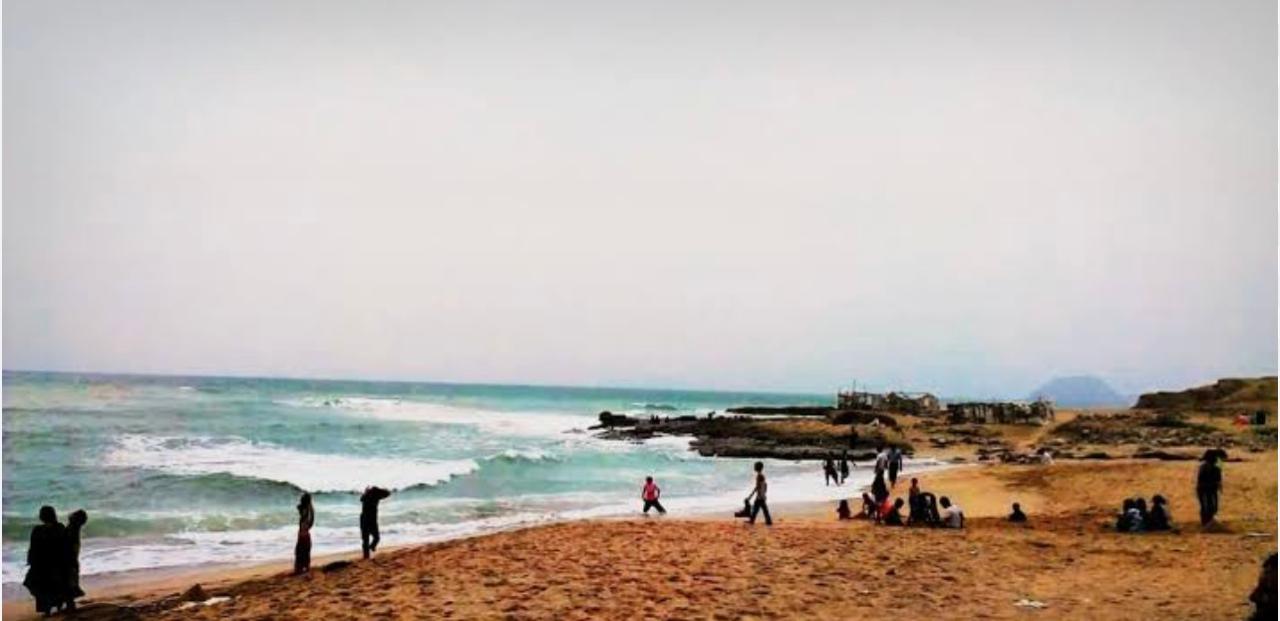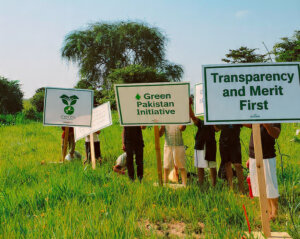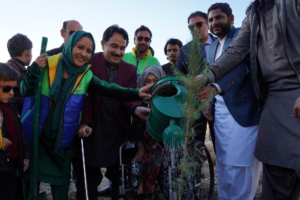Editorial:
The Government of Balochistan’s decision to designate Charna Island as Pakistan’s second Marine Protected Area (MPA) marks a critical milestone in the country’s efforts to safeguard marine biodiversity. This proactive step, approved by the provincial cabinet, has been met with praise from environmentalists, conservationists, and the global community. It’s a reminder of the vital need to protect our oceans as we grapple with the increasingly dire impacts of global warming and climate change.
Charna Island, a coral reef habitat rich in biodiversity, will now receive the protection it urgently needs. This area is home to various species of fish, marine plants, and coral that play an essential role in maintaining the ecological balance of the province. By declaring this zone an MPA, Balochistan is sending a strong message that marine conservation is not just a regional priority but a national one, considering the growing threats to marine life from rising ocean temperatures and pollution.
This move follows the earlier designation of Astola Island as Pakistan’s first MPA in 2017, creating a legacy of marine protection. Together, Astola and Charna form key conservation sites off the Balochistan coast. These islands also serve as a lifeline for local communities, especially those involved in fishing. Overfishing and environmental degradation have placed a strain on local livelihoods, and MPAs can help sustain fish stocks and ensure long-term economic viability for the people who rely on these waters.
Afia Salam, a prominent environmentalist, commended the government’s decision, highlighting the urgency of preserving fragile marine ecosystems, particularly in the face of global environmental challenges. “Charna Island’s protection is a step in the right direction,” Salam said. “The significance of this decision cannot be overstated, as it sets the tone for future conservation efforts.”
As Pakistan continues to confront the impacts of climate change—rising sea levels, extreme weather patterns, and increasing ocean acidification—protecting marine ecosystems like Charna Island becomes even more crucial. MPAs offer refuge for biodiversity, allowing ecosystems to recover and adapt to changing conditions brought on by global warming.
However, the designation of MPAs alone is not enough. It is vital that the Balochistan government, local communities, and conservation groups collaborate to ensure the sustainability of these protected zones. Enforcement of regulations, community involvement, and continued funding for research and conservation initiatives are essential to the success of these efforts.
Charna Island’s protection stands as a beacon of hope in Pakistan’s broader conservation landscape, a necessary move in the global fight to preserve our planet’s ecosystems amidst an ever-worsening climate crisis.






